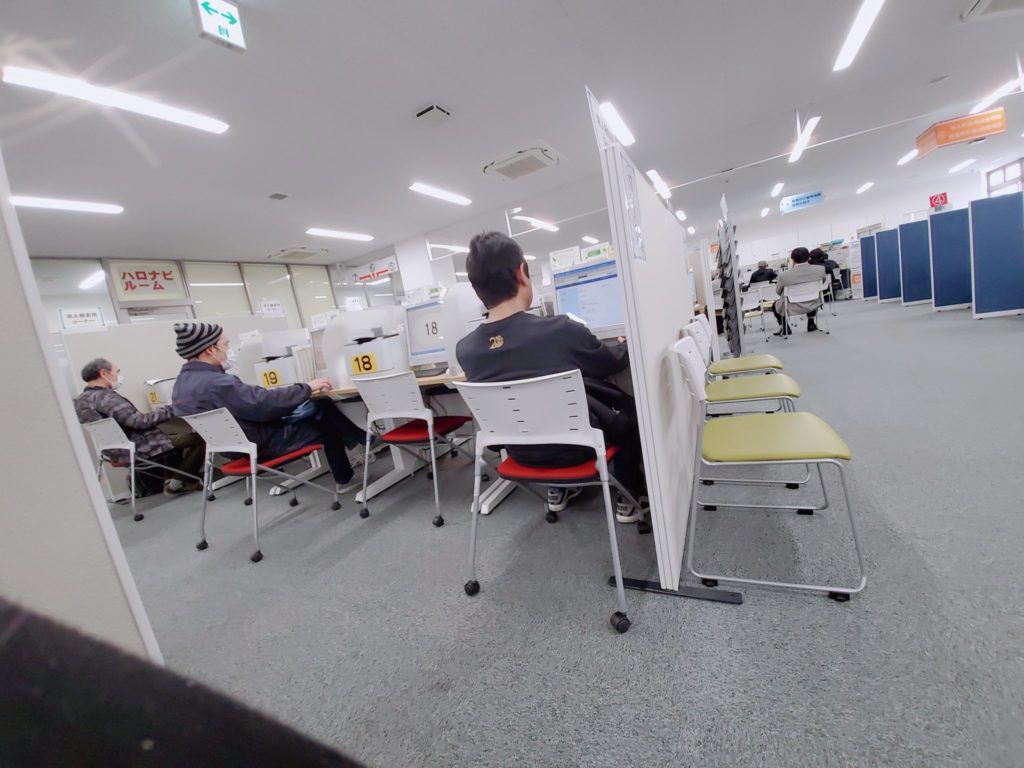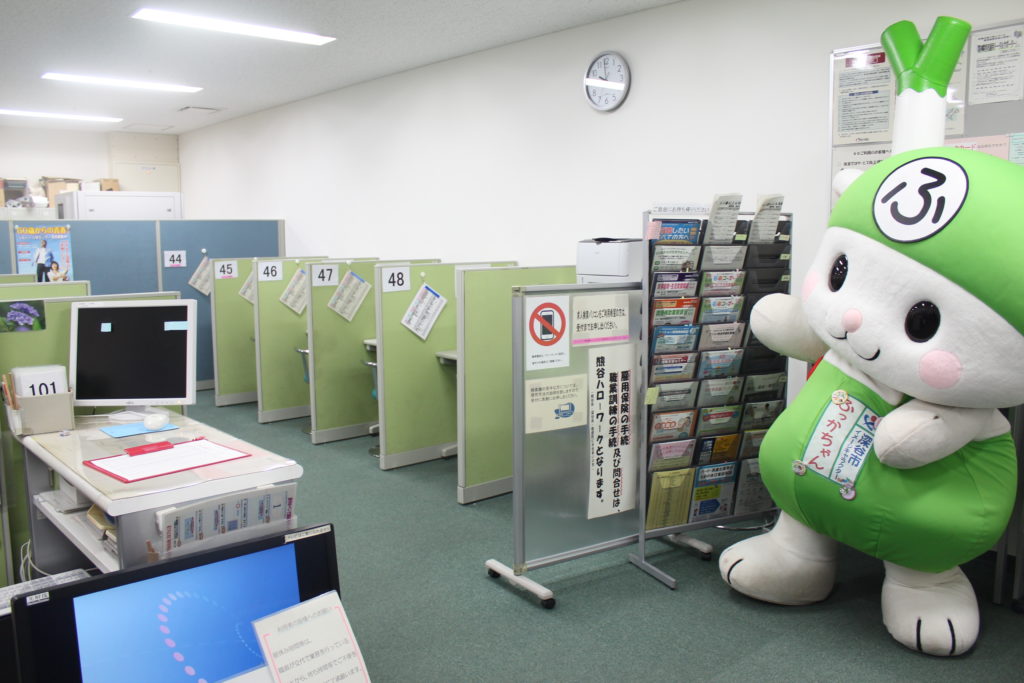by Farrah Hasnain
The COVID-19 outbreak has hit Japan hard as of late. Classrooms remain empty after spring break, restaurants begin to provide take-out, and factories stall upcoming projects. The number of workers who are predicted to lose their jobs due to the novel Coronavirus was projected in the upwards of 1,021 people last month, according to the Ministry of Labor. Prime Minister Abe did declare a State of Emergency on April 7th, and the Ministry of Finance announced that ¥100,000 would be given to residents (and eventually confirmed that foreign residents were included) but some experts argue that this declaration occurred too late.
While April would normally be the start of new jobs for many in Japan, this April seems to have an opposite turnout for most job-seekers. Lines outside of Hello Work* buildings all over the country would be twice as long as lines for masks outside of drugstores. Certain locations have also reduced the amount of staff members on-duty, causing longer waiting times at local Hello Work branches.
(Hello Work is an employment service center operated by the Japanese government, under the auspices of the Ministry of Health, Labor and Welfare. Its main role is to help connect job seekers to companies in need of skilled labor.)
In early April, I became a part of this statistic. My 6-month contract at a city hall in Osaka was not granted for renewal, and the job openings for tourism and English education in the area seemed to have vanished as the governor also declared a state of emergency. I decided to reach out to Hello Work to see if I was eligible for any benefits and to search for jobs through their system.
I arrived on a Thursday morning around 11AM. The line encircled the entire building and moved slowly. There was little distance between us and we stood outside of the building for about two hours. Bottles of hand sanitizer were available to use before entering the building. It reminded me of Disneyland for a brief moment.
Once I entered the Hello Work office, I was greeted by an energetic staff member. Everyone in the office, including the job-seekers, were wearing masks. We were told to sit two to three seats apart from each other, and the seats for the computer lab were 1 seat apart. There appeared to be no multilingual support at this Osaka branch. Many of the people in the room appeared to be elderly or recently graduated from university. Some of the job-seekers previously worked in factories or in retail.
After about an hour, it was my turn. Since my previous contract was only for six months, I was unable to receive any benefits. But the staff member who assisted me thoroughly searched and found about fifteen jobs that I could apply for. The process itself took about 10 minutes. I turned around and saw the computer lab filled to the brim with anxious job-seekers. Most of them has 0 search results, and the staff would try their best to experiment with different search entries to find a match.
Hello Work branches all over the country seem to be facing the same dilemma. For many newly unemployed residents in the Chubu region, they faced the most difficulty with their former employer. “I did not know much about the paperwork I needed to file for unemployment”, said Guillerme Okada. “At the factories, we were suddenly told that we couldn’t work anymore. I had to ask several of my friends first.” Okada had brought someone with him as an interpreter to explain to his Japanese supervisor that he needed to give documents for Okada to receive unemployment benefits. “It is a common issue with factory workers in this area. If I struggle to get legal documentation, I struggle to trust this system. I came with my interpreter to Hello Work, but there were two already available to help me. I had a lot of support from my community and from them during this time.”
Other employers would also push back start dates and avoid paying the contracted salary despite the legal 60% minimum requirement. Maria M., a Tokyo resident, would get last-minute notices and conflicting information about her start date and paycheck.
“I had already given my previous job a month’s notice and quit to start this new one. I was supposed to start during the first week of April but they changed it. It’s at a store so telework is impossible.”
About four or five days later, she was asked to Skype with the human relations chair. Her hiring date was moved to May 15th with no pay in advance. She contacted the labor bureau about her situation. “They confirmed that my company was responsible for me. My friends [who also worked at the company] said that they were receiving part of their salary in April. When I told my employer that I contacted the labor bureau, they quickly agreed to offer me part of my contracted pay.”
During these uncertain times, it may be difficult to navigate unemployment and economic stability on top of acquiring the basic necessities for surviving the pandemic. As the numbers of infected individuals steadily increase, the ratio of available job positions drop to its lowest level in three years. However, with the national and local government bringing out new sources of financial aid for individuals and businesses alike, there is room for growth in the economy and policy change.

